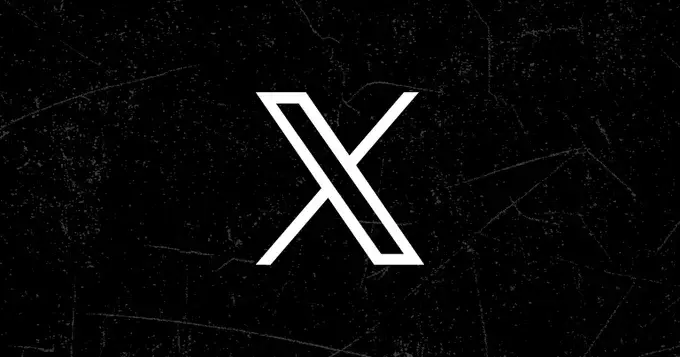Elon Musk’s platform, X, continues to navigate the murky waters of social responsibility as it grapples with government removal requests. The recent intensified crackdown on dissenting voices in Turkey—highlighted by the arrest of the Istanbul Mayor Ekrem İmamoğlu—has reignited discussions about the limits of free speech and the role of tech giants in democratic societies. The Turkish government’s quest to mitigate unrest has resulted in the suspension of multiple accounts, predominantly linked to grassroots activists sharing pivotal protest information. This strategy not only undermines the role of social media as a catalyst for movement and change but also presents a hypocritical stance on the commitments Musk claims to uphold regarding free speech.
Selective Censorship: The Hypocrisy of Promoting Free Speech
Musk’s apparent prioritization of business interests over the principle of freedom of expression raises critical ethical questions. While the arrests and the ensuing protests signal a profound downturn for democracy in Turkey, X has repeatedly acquiesced to the Turkish government’s demands, even as it touts its advocacy for free speech. The platform’s compliance is hardly surprising, as it follows a pattern of similar capitulations, including restrictions implemented earlier in May 2023. Musk defended these actions by asserting a binary choice for X: either allow the platform to be throttled completely in Turkey or limit accessibility to a few tweets. This stance embodies a naïve transactional view of free speech that reduces fundamental rights to mere business mechanics spearheaded by governmental negotiating power.
Contrasting Approaches: Why Different Standards?
What makes this situation increasingly bewildering is X’s shifting methodology when addressing governmental censorship requests in varying countries. In Brazil, for example, X faced a temporary ban for resisting local court orders, only to face backlash from critics claiming Musk was undermining the right to free expression. Conversely, the selective adherence to the Turkish government’s demands casts a long shadow over the narrative of freedom Musk seems keen to promote globally. The question looms large: why does X wield different levels of compliance depending on the political backdrop?
One plausible explanation lies in Musk’s ongoing relationships and business dealings. His aspirations to establish a Tesla factory in Turkey and cooperation with President Erdoğan on xAI and Starlink seem to provide a direct motive for his platform’s leniency. The drive for business advancement could easily eclipse the ideological commitment Musk publicly espouses, creating a troubling dichotomy. Yet, similarly contentious landscapes exist in places like India, where Musk’s ventures are likewise fraught with potential restrictions without the same level of compliance from X.
The Dangerous Precedent of Self-Censorship
Musk’s behavior reveals a larger systematic issue: the normalization of censorship under the guise of protecting business interests. This dualistic approach not only plays into the hands of authoritative regimes but also strangles the platform’s credibility as a proponent of free speech. The implications of X’s collective actions in Turkey extend far beyond individual users; they provide a roadmap for authoritarian governments to manipulate tech companies to enforce self-censorship.
The challenges are amplified when viewed through the lens of global standards and expectations for free expression. Countries will increasingly feel empowered to impose their narrative, knowing they can leverage key relationships with corporations engaged in their jurisdictions. The inconsistency in how X responds to similar requests exemplifies a worrying trend in the tech industry towards complicity, where profit supersedes ethical integrity. Furthermore, it brings to the forefront the inherent contradiction of promoting a “free speech” ethos while quietly curtailing the voices of marginalized communities.
In essence, Musk’s X stands at a crossroads, with the power to either advocate robustly for free speech or capitulate to regimes that operate in profound opposition to those very values. The choices made today will have lasting repercussions on democracy, human rights, and the authentic expression of dissent globally.

